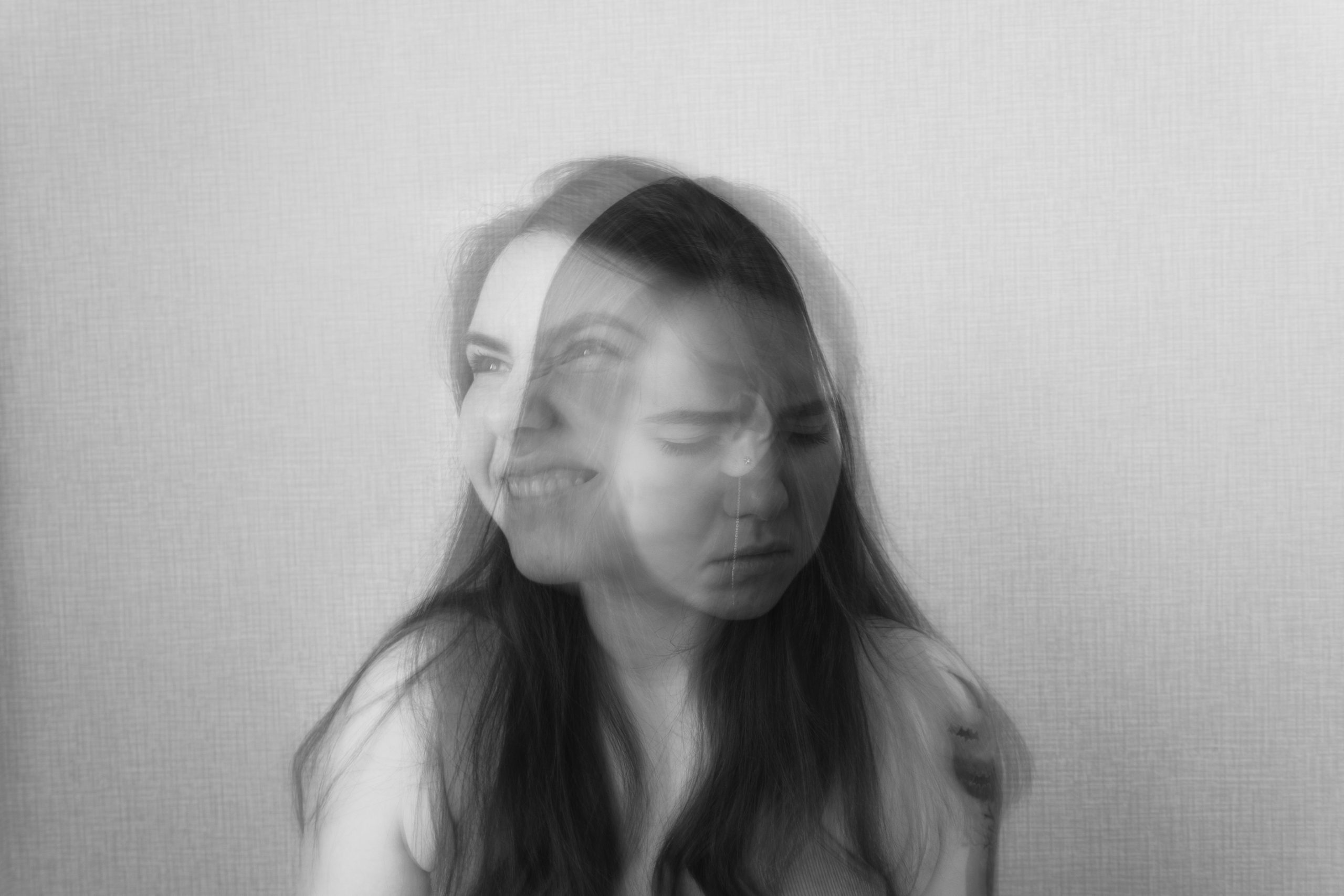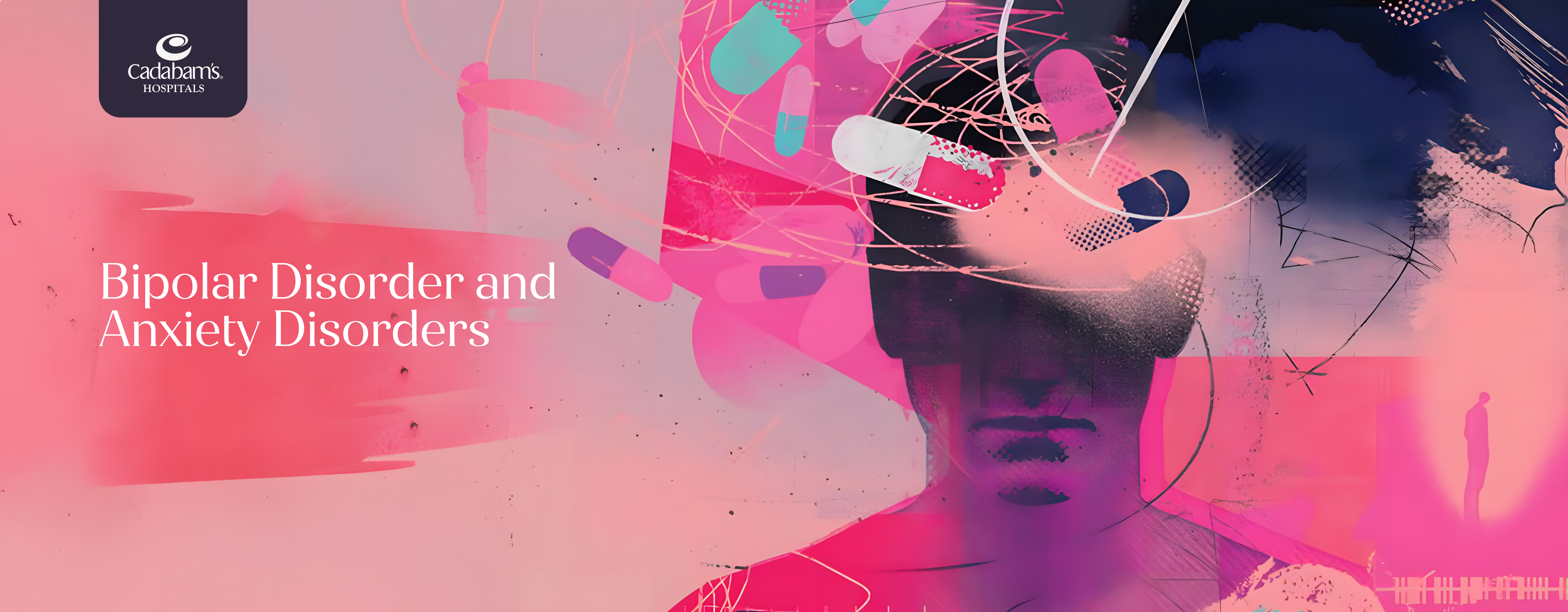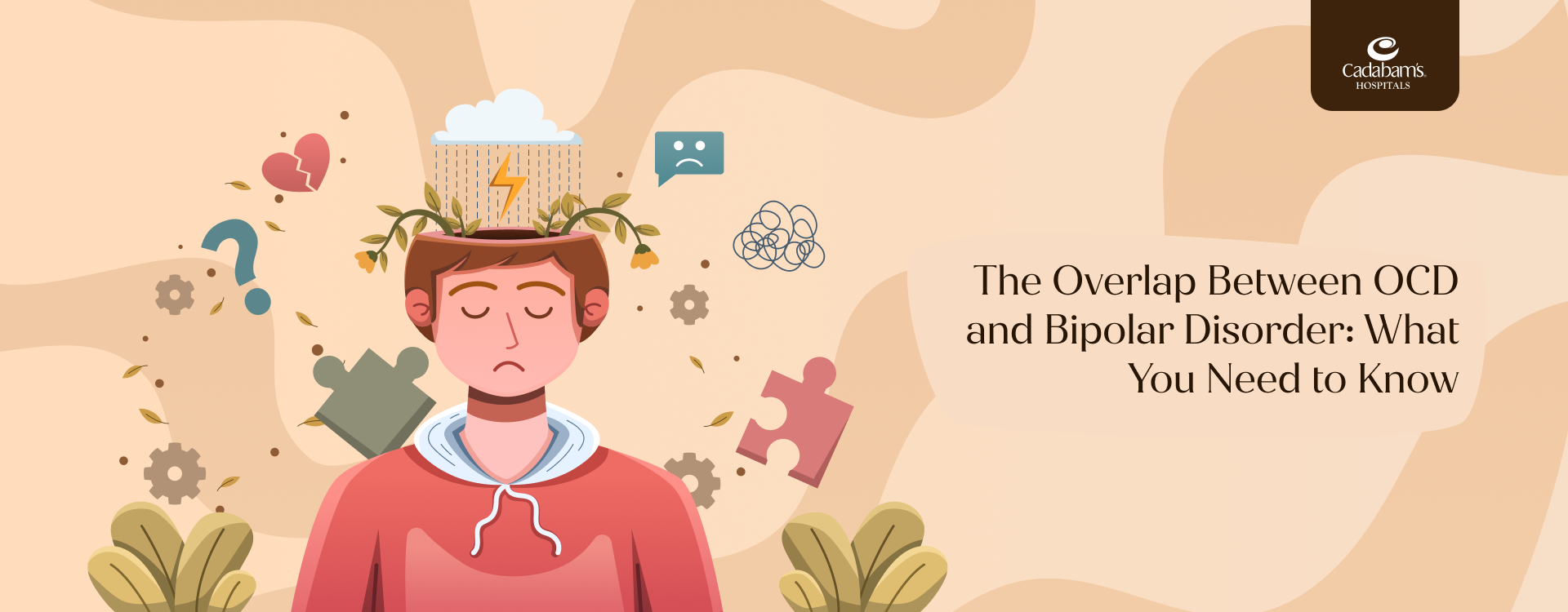Who Offers Counseling?
Counseling services can be offered by various professionals trained to provide psychological support and therapy. These include:
- Licensed Professional Counselors (LPCs): These counselors in hyderabad are licensed to practice mental health therapy and typically hold a master’s degree in counseling or a related field.
- Clinical Psychologists: Bipolar Disorder Psychologist in Hyderabad often hold a doctoral degree and have extensive training in treating mental health disorders through various forms of psychotherapy.
- Psychiatrists: While they are medical doctors who primarily prescribe medication, many Bipolar Disorder Psychiatrist in Hyderabad also offer counseling as part of their practice to provide comprehensive care.
- Social Workers: Licensed Clinical Social Workers (LCSWs) often provide counseling and therapy, focusing on both the individual’s psychological state and their social environment.
- Marriage and Family Therapists (MFTs): Specializing in family and relationship issues, MFTs counsel individuals, couples, and families.
- Mental Health Clinics and Hospitals: Many clinics and hospitals have a staff of Bipolar Disorder Therapist in Hyderabad, including counselors, psychologists, and social workers who provide therapy and support.
These professionals can work in various settings, including private practices, hospitals, mental health clinics, schools, and community centers. When seeking counseling, it’s important to choose a provider who is licensed and experienced in the area of need, such as someone who specializes in treating bipolar disorder if that is a specific concern.
We have a Counselor for bipolar disorder in Hyderabad. Our trained bipolar counselors help you understand about the nature of the disorder, and what challenges you might experience, and help you learn strategies to cope with its symptoms as well as plan ahead to prevent relapses for supporting and enhancing your emotional well-being.
Types of Therapies Offered
For treating bipolar disorder, a variety of therapeutic approaches are commonly used, each suited to different aspects of the condition:
Cognitive Behavioral Therapy (CBT)
This therapy helps individuals identify and change negative thought patterns and behaviors that can trigger or worsen episodes of bipolar disorder. CBT focuses on teaching specific skills to manage stress and reduce the symptoms of both manic and depressive episodes.
Interpersonal and Social Rhythm Therapy (IPSRT)
IPSRT is designed to help stabilize daily rhythms such as sleeping, waking, and mealtimes. This stabilization of routines can help prevent manic episodes. IPSRT also focuses on resolving interpersonal issues that may contribute to mood disturbances.
Psychoeducation
This therapy teaches patients about the disorder and how to manage it. It involves learning to recognize signs of relapse so that early intervention can be sought, which is crucial for maintaining stability.
Family-Focused Therapy (FFT)
Since family support is significant in managing bipolar disorder, FFT involves family members in therapy sessions. This approach helps families understand the disorder and teaches them how to provide effective support.
Dialectical Behavior Therapy (DBT)
Initially developed for borderline personality disorder, DBT has been adapted for bipolar disorder. It focuses on teaching skills to cope with stress, regulate emotions, and improve relationships.
Group Therapy
Group therapy provides a supportive environment where individuals can share experiences and learn from each other under the supervision of a therapist. This setting can enhance understanding and develop coping strategies among peers facing similar challenges.
Electroconvulsive Therapy (ECT)
Although not a counseling method per se, ECT is sometimes used for severe episodes of mania or depression that do not respond to other treatments. It involves electrical stimulation of the brain and is typically considered when other therapies and medications have failed.
Each therapy has its strengths, and often a combination of these therapies is used to address the various aspects of bipolar disorder effectively. The choice of therapy often depends on the individual’s specific needs, symptoms, and treatment goals.
Role of Psychoeducation
Psychoeducation plays a crucial role in the management of bipolar disorder by empowering patients and their families with knowledge about the condition. Here are some key aspects of its role:
Understanding the Disorder
Psychoeducation helps individuals understand what bipolar disorder is, including its symptoms, causes, and effects on emotional and behavioral health. This understanding demystifies the condition, reducing stigma and fear.
Recognizing Symptoms
It teaches patients and their families to recognize early signs of mood swings. Early recognition can prompt quicker intervention, which is vital for preventing full-blown episodes of mania or depression.
Developing Coping Strategies
By learning about the disorder’s triggers and cycles, individuals can develop personalized strategies to manage their symptoms more effectively. These strategies include stress management, conflict resolution, and relapse prevention.
Enhancing Treatment Adherence
Patients who understand their treatment plan—including how their medications work and the importance of regular therapy sessions—are more likely to adhere to their treatment regimen, leading to better overall outcomes.
Improving Relationships
Psychoeducation can help family members and friends understand the patient’s challenges, fostering a supportive environment that can improve interpersonal relationships and the patient’s social support network.
Promoting Empowerment
Knowledge gained from psychoeducation promotes empowerment, giving individuals the confidence and tools to take active roles in treating and managing the disorder.
Overall, psychoeducation is an integral part of comprehensive care for bipolar disorder, significantly contributing to improved management and better quality of life for those affected.
Comprehensive Care and Support
Comprehensive care and support for bipolar disorder involves a multidisciplinary approach that combines various treatment centre for bipolar disorder in Hyderabad modalities to address the complex needs of individuals with this condition. Here are the key components of comprehensive care:
Medical Management
This includes the prescription of mood stabilizers, antipsychotics, and antidepressants to control mood swings and prevent relapse. Regular medical check-ups ensure that the medications are effective and adjust treatments as necessary.
Therapeutic Interventions
Various forms of psychotherapy, such as Cognitive Behavioral Therapy (CBT), Interpersonal and Social Rhythm Therapy (IPSRT), and Family-Focused Therapy, are crucial. These therapies help manage symptoms, improve emotional regulation, and support personal and family relationships.
Support Groups
Participation in support groups can provide emotional support and shared experiences with others facing similar challenges. This can reduce feelings of isolation and stigma associated with the disorder.
Lifestyle Management
Guidance on lifestyle changes, including diet, exercise, and sleep habits, is important. These can significantly impact the overall well-being and management of the disorder.
Case Management
This involves coordination of care across various services and providers, which is crucial for addressing all aspects of the patient’s life, including health, employment, and social relationships.
Bipolar Disorder Psychiatry: What Is It and How Can It Help You?
Bipolar Disorder Psychiatry focuses on diagnosing, treating, and managing bipolar disorder through a psychiatric approach. This specialized area of mental health care delves into understanding the complex mood swings associated with bipolar disorder—from manic highs to depressive lows. The goal is to offer therapeutic strategies that stabilize mood swings and improve the patient’s quality of life. This involves a combination of medication management, such as mood stabilizers, antidepressants, and psychotherapy to help patients cope with the emotional and behavioral aspects of the disorder.
Living with Bipolar Disorder and Overcoming Them: Survivor Stories
“Living with Bipolar Disorder and Overcoming Them: Survivor Stories” could provide inspirational narratives from individuals who have navigated the complexities of bipolar disorder. This feature can offer hope and practical insights into the diverse ways people manage their symptoms and lead fulfilling lives despite the challenges of the disorder. Sharing personal experiences can help demystify the condition, promote understanding, and encourage others in similar situations by showcasing various coping mechanisms and successful treatment journeys. Additionally, these stories can highlight the importance of support from family, friends, and mental health professionals in the recovery process.
Why Cadabam’s?
If you are searching for a solution to your problem, Cadabam’s Hospitals can help you with its team of specialized experts. We have been helping thousands of people live healthier and happier lives for 30+ years. We leverage evidence-based approaches and holistic treatment centres for bipolar disorder in Hyderabad to help individuals effectively manage bipolar disorder in Hyderabad. Get in touch with us today. You can call us at +91 97414 76476. You can even email us at info@cadabamshospitals.com.
FAQs
1. How effective is Counseling for Bipolar Disorder?
Counseling is an effective mode of treatment that helps a person with bipolar disorder learn about their disorder, how it impacts their life, understand the warning signs of an episode coming, and learn ways to cope with their symptoms in their everyday life.
2. What are the benefits of Counseling for Bipolar Disorder?
Counseling provides psycho-education regarding the disorder, allows the individual to set realistic goals and achieve them, helps enhance relapse prevention, allows them to get insight into how their disorder affects other people and learn ways to reduce the negative impact, learn the warning signs of an episode coming, and find ways to cope with their symptoms – all of which allows them to live the best quality of life possible.
3. How many sessions are required?
The number of sessions required differs for each individual; however, it is advisable to continue having follow-up sessions long-term to maintain recovery and prevent relapses.
4. Can counseling help bipolar disorder?
Yes, counseling can be very helpful for managing bipolar disorder. Counseling sessions, particularly those involving cognitive behavioral therapy (CBT), can provide individuals with skills to manage their mood swings and other symptoms associated with bipolar disorder.
5. What type of counseling is best for bipolar disorder?
Several types of counseling are particularly effective for managing bipolar disorder:
- Cognitive Behavioral Therapy (CBT)
- Interpersonal and Social Rhythm Therapy (IPSRT)
- Family-Focused Therapy (FFT)
- Psychoeducation
- Group Therapy














 Available
Available
















